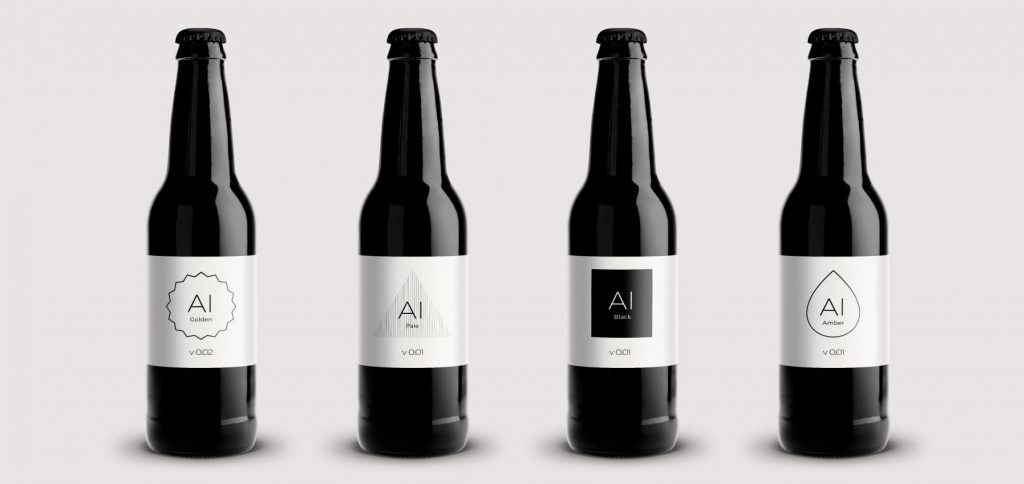No longer a vision, it’s reality: artificial intelligence in the brewing industry

As the digital revolution progresses, the brewing industry too is keen to analyze its processes, target customers in a more personalized manner and above all reduce costs. A few companies have already begun experimenting with artificial intelligence and met with some success.
In many branches of industry, it’s a key issue, one which companies use to gain new customers, increase their market share and improve their efficiency when faced with global competition. We’re talking about artificial intelligence (AI). Experts predict that new technologies that allow machines to learn and act by themselves will dramatically transform the sector in years to come. The brewing sector is currently taking small steps toward automation with initial test runs in an attempt to take advantage of this innovative field while it is still in its early days.
Pioneering work is brewing
A number of pioneers in this field have found that AI systems can improve and simplify brewing processes. One of the best examples is the Carlsberg Brewery in Copenhagen, which claims to churn out up to 1,000 beer samples in its laboratories each day. In order to record these accurately, Carlsberg teamed up with the “Interdisciplinary Nanoscience Center” at the University of Aarhus, Microsoft and the Technical University of Denmark to work on a system called the “Beer Fingerprinting Project.” Part of their work included developing special AI algorithms. When used together with specially developed high-tech sensors, they can identify the most delicate aromas and nuances in the beer extremely quickly. This helps when developing new brews – making it easier to improve flavor and adjust it to meet changing customer tastes. Ultimately, accelerating these tweaks means the beers can make it to the market more quickly.
Artificial intelligence talks back
Most breweries only find out how well a new product has been received by consumers during traditional sampling sessions, as a result of fluctuating sales or through assessment platforms on the Internet. The IntelligentX Brewing Company, a young start-up company in London, didn’t want to wait that long. It developed a system for obtaining customer feedback much more quickly so that the team could, for example, figure out how well a new brew is performing. The result? Probably the first beers on the market that have been developed and marketed with the help of artificial intelligence.
Anyone who tries the four varieties known as “AI” will find a code on the bottle. This code leads to a bot hosted by Facebook Messenger, where customers can leave their comments. Using multiple-choice questions, the system asks how the beer tasted in general and how aromatic, hoppy or fruity it was on a scale of one to ten. The system automatically analyzes the data collected and suggests changes for the next batch. “With our beer, we use machine learning to obtain customer feedback more quickly than before,” said Hew Leith, CEO of IntelligentX. As a result, the company can react immediately to changing consumer tastes.
Optimizing processes with AI
Denmark and England are not the only countries where artificial intelligence is being used in breweries. Japanese brewers are also using intelligent software to find the perfect flavor. The Kirin Brewery in Tokyo for example uses artificial intelligence to take care of brewing tasks and to optimize product development. In order to develop the new systems, Kirin worked with the Mitsubishi Research Institute to install an AI program that draws on test data collected over a span of more than 20 years. This will enable the brewery to develop perfect beer recipes and brews with an ideal color, alcohol content and aroma. In the future, special algorithms will help to reduce the product development time and thus take some of the burden off the brewers.
In the United States, too, a number of breweries are optimizing their processes with artificial intelligence. Deschutes Brewing in Bend, Oregon, is one of the country’s biggest craft beer brewers and is regarded as a pioneer in its field. In order to produce a high-quality beer, all brewing phases – including fermentation – are monitored using AI systems. For example, Deschutes has implemented machine learning in order to automate and improve the fermentation process. The company worked with a consultancy group and Microsoft to develop a system that kicks in as soon as the fermentation process is not working as well as it should. Even at the lowest temperature, the system reacts, automatically intervenes in the process, secures the data and saves the brew.
A must for the future
Ever since such developments began capturing the imaginations of brewers all over the world, IT experts have been working on new AI-based applications and systems. Reinhard Karger from the German Research Center for Artificial Intelligence (DFKI) in Saarbrücken believes that a company – whatever the sector – won’t be able to manage without artificial intelligence in the future: “Artificial intelligence helps to make better use of large quantities of data, to automate processes, to evaluate feedback in real time and to act more quickly within the market.”
Artificial intelligence meets drinktec
From a distant vision to reality: the technology surrounding AI has developed dynamically in recent years. Companies from all areas of the beverage and liquid food industry use AI to optimize quality assurance, to create better forecasting models and to keep up with trends within the sector. As a result, the new technology has already found its way into the brewing industry. The fine line between the physical and digital world will continue to blur in the future. Visitors to drinktec 2021 can find out what opportunities this new technology offers and what this specifically means for the sector.
